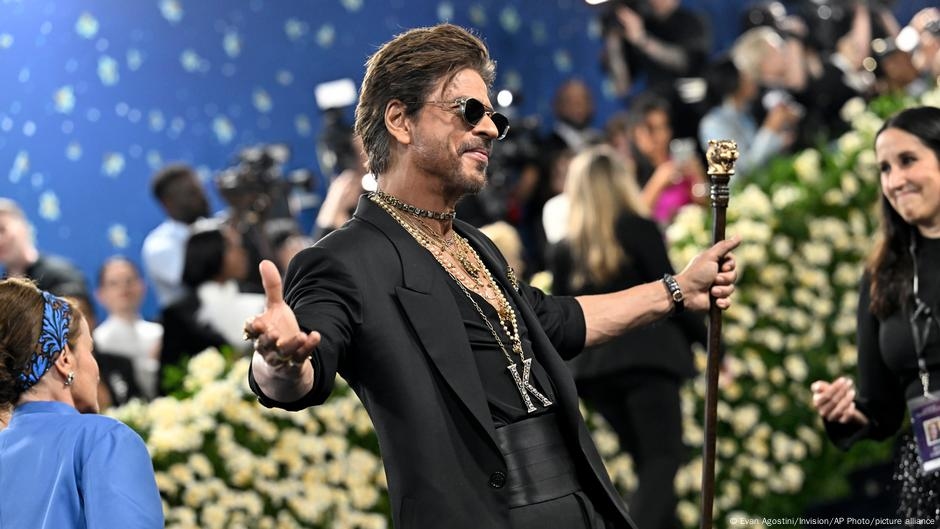Tomasz Kurianowicz: "The ethical principles of this newspaper motivated me to go to the extreme."

Dear readers,
This weekend edition of the Berliner Zeitung is particularly special for me personally: it marks the end of my tenure as editor-in-chief. I took over the position on July 1, 2022, and at that time promised you, dear readers, that I would make the Berliner Zeitung the most relevant voice in the city. Now it is up to others to judge whether my team and I have succeeded. Undoubtedly, over the past three and a half years, the Berliner Zeitung has become an intellectual beacon in East Germany; it has sparked controversy and provoked debate; exposed injustices and addressed taboo subjects; intervened and provided ample fodder for discussion – it has been combative and defiant, just as its founders originally intended.
During my tenure, my team and I repeatedly faced harsh criticism: our journalism was deemed too pro-Russian, too right-wing, too left-wing, too controversial. This criticism mostly came from outside, from people who don't read the Berliner Zeitung and don't even realize how diverse the paper is, how polyphonic its perspectives are, how it consistently dares to openly juxtapose contradictory positions without always trying to decide which one is right. Underlying this principle was an inherent doubt: doubt about the one and only truth. As editor-in-chief, this strategy also meant tolerating dissent. Sometimes I was denounced in letters to the editor as a transatlanticist in the morning, and as a Russia apologist in the evening; sometimes as a Covid denier, sometimes as a misguided vaccine enthusiast.
The overwhelming majority, however, understood the approach, expressed their gratitude for the open, critical reporting, and for the diversity of debates that don't blindly follow any ideology but are driven by a thirst for knowledge. In my work as editor-in-chief, the ethical principles of this newspaper motivated me to go to the extreme: the conviction of non-violence and the belief that a controversial exchange of positions helps to peacefully balance interests and achieve compromise. Today, I am more convinced than ever that in a polarized age, we must cultivate civil debate all the more urgently, understand differing viewpoints, and discuss them openly if we want to continue living in a democratic and civilized society. The Berliner Zeitung is the place to do this. I am certain that the next editorial team, led by Philippe Debionne, will further develop and fulfill this commitment. I wish the new leadership team all the best.
I would like to thank my courageous editorial team, the many intelligent, argumentative, and dedicated editors, my department heads, the graphics and layout team, the proofreaders, the print team, the publishing management, including Christoph Stiller – and especially my deputy editor-in-chief, Moritz Eichhorn, against whose mind I could test and refine my own political convictions. I would also like to thank Daniel Cremer for his support over the past months. A very special thank you goes to the publisher of the Berliner Zeitung, Dr. Michael Maier, who opened my eyes to new world events, and especially to Silke and Holger Friedrich, who entrusted me with the responsibility of guiding and shaping the fortunes of this long-established East German and now unified German daily newspaper. It is thanks to these two publishers that the Berliner Zeitung is more vibrant than ever. If the Berliner Zeitung didn't exist, it would have to be invented.
Berliner-zeitung





